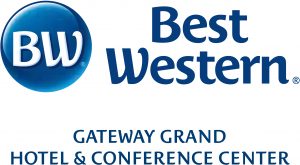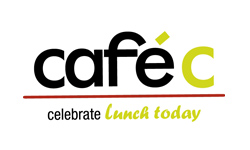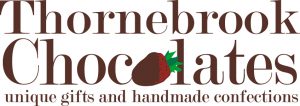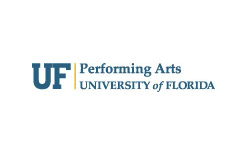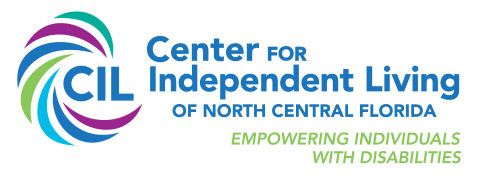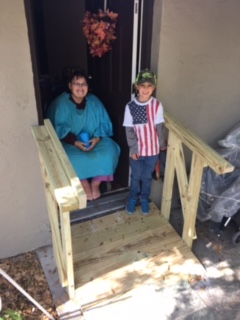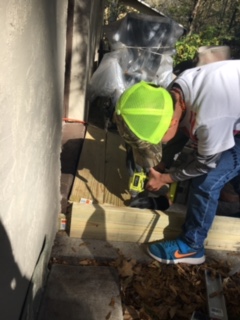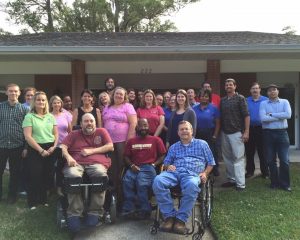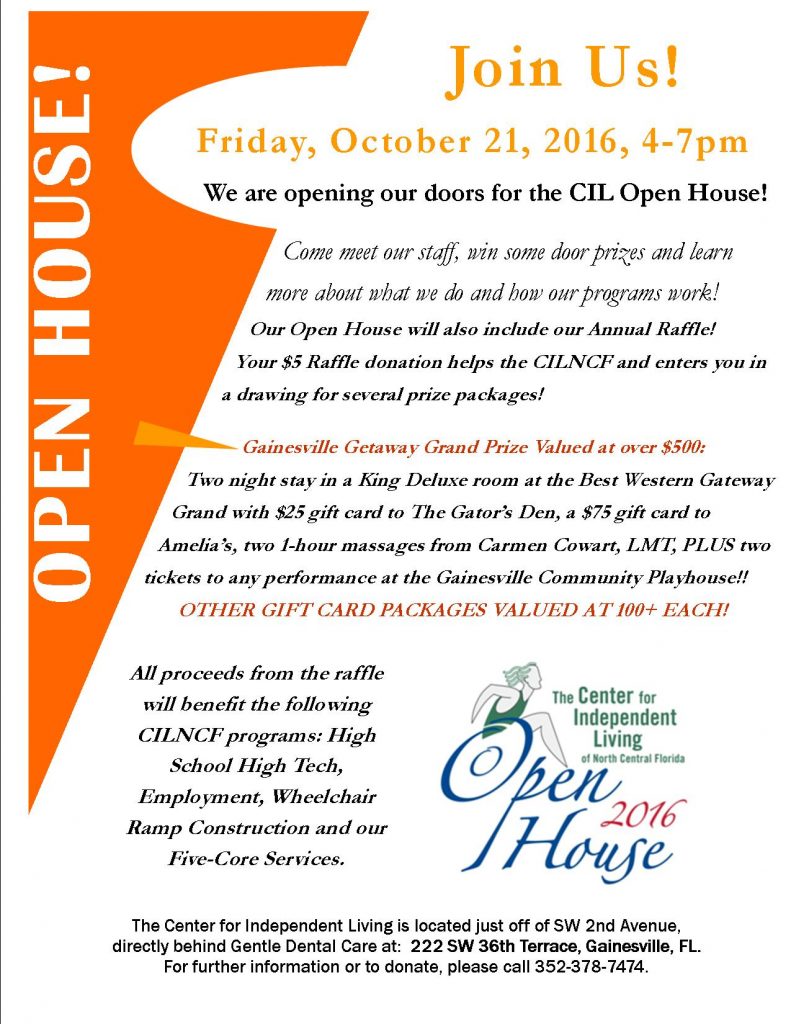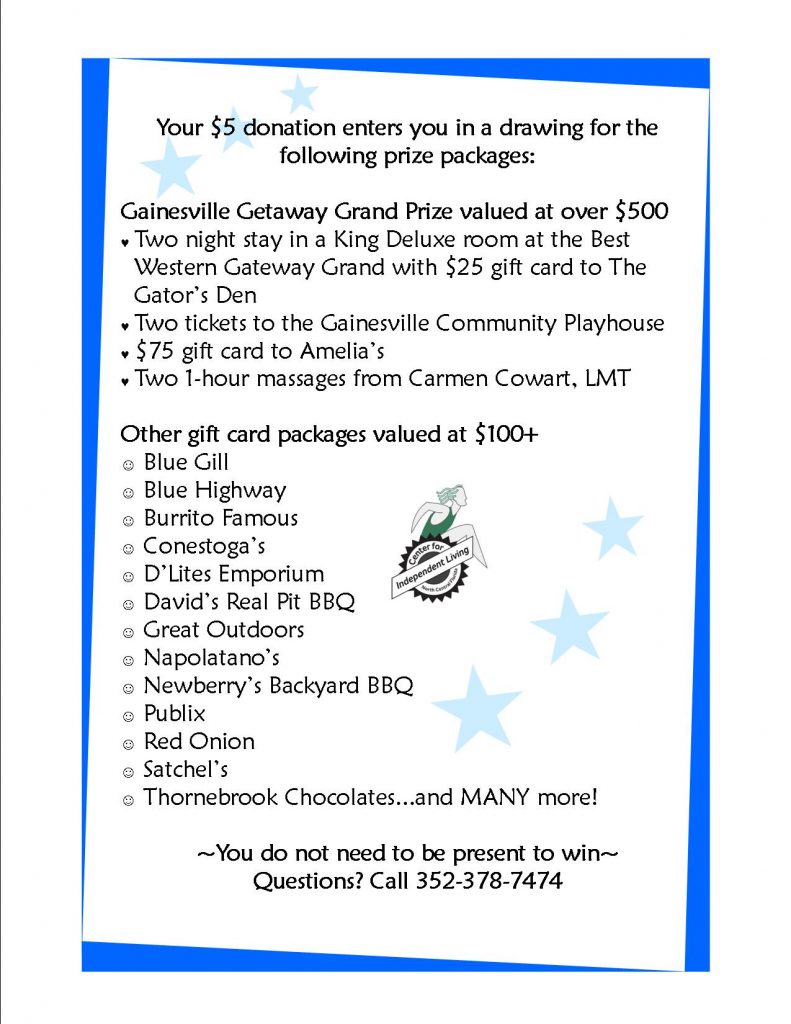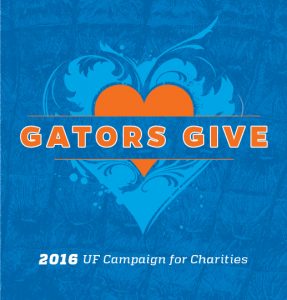The TD Charitable Foundation, the charitable giving arm of TD Bank, America’s Most Convenient Bank®, recently donated a total of $2,500 to the Center for Independent Living of North Central Florida (CILNCF) as part of the foundation’s commitment to giving back to the community.
The funds from the TD Charitable Foundation will be used towards the CILNCF’s High School High Tech (HSHT) Program for student activities such as STEM related workshops, corporate site visits, college and university campus tours, job shadowing and summer internships at local businesses.
“On behalf of the HSHT Program and the CILNCF, we are thrilled to receive this grant from the TD Charitable Foundation where funds will be used towards student activities such as job shadowing and summer internships. These experiences are extremely meaningful for our students. They allow them to get real world experiences so they can make informed decisions upon graduation and go a long way to setting them up for success in the long term,” said HSHT Program Director Melissa Merrill.
A staunch commitment to active involvement in the local community is a vital element of the TD Bank philosophy. TD Bank, America’s Most Convenient Bank® and the TD Charitable Foundation provide support to affordable housing, financial literacy and education, and environmental initiatives, many of which focus on improving the welfare of children and families.
About the TD Charitable Foundation
The TD Charitable Foundation is the charitable giving arm of TD Bank N.A., which operates as TD Bank, America’s Most Convenient Bank®, and is one of the 10 largest commercial banking organizations in the United States. The Foundation’s mission is to serve the individuals, families and businesses in all the communities where TD Bank operates, having made more than $159.8 million in charitable donations since its inception in 2002. The Foundation’s areas of focus are affordable housing, financial literacy and education, and environmental initiatives, many of which focus on improving the welfare of children and families.
About TD Bank, America’s Most Convenient Bank®
TD Bank, America’s Most Convenient Bank, is one of the 10 largest banks in the U.S., providing more than 8 million customers with a full range of retail, small business and commercial banking products and services at approximately 1,300 convenient locations throughout the Northeast, Mid-Atlantic, Metro D.C., the Carolinas and Florida. In addition, TD Bank and its subsidiaries offer customized private banking and wealth management services through TD Wealth®, and vehicle financing and dealer commercial services through TD Auto Finance. TD Bank is headquartered in Cherry Hill, N.J. To learn more, visit www.tdbank.com. Find TD Bank on Facebook at www.facebook.com/TDBank and on Twitter at www.twitter.com/TDBank_US.
TD Bank, America’s Most Convenient Bank, is a member of TD Bank Group and a subsidiary of The Toronto-Dominion Bank of Toronto, Canada, a top 10 financial services company in North America. The Toronto-Dominion Bank trades on the New York and Toronto stock exchanges under the ticker symbol “TD”. To learn more, visit www.td.com.


